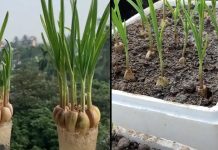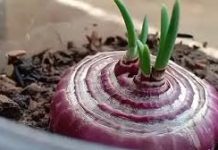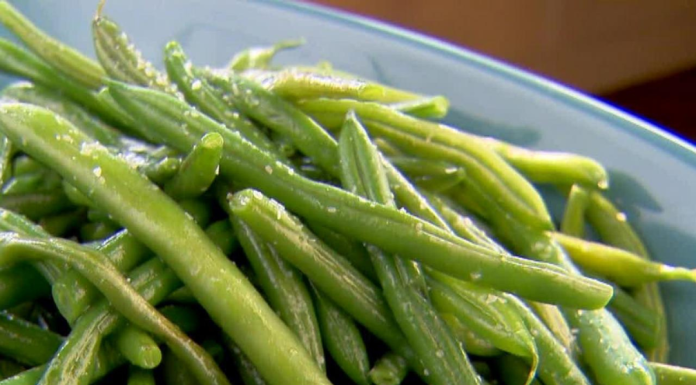Creating nutrient-rich compost out of food scraps is a great method to improve your garden and promote sustainability. Composting reduces waste and improve soil health for Indian households, which produce a variety of organic waste on a regular basis. These six simple and useful ideas can help you recycle kitchen waste into useful compost and create a flourishing green area in your garden.
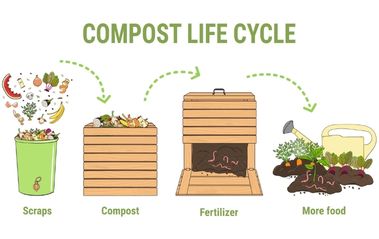
Composting means recycling organic matter, such as kitchen, garden or household waste into a valuable soil material known as compost. The best way towards sustainability and this natural process is a nice way to reuse and reduce waste. Composting helps in reducing landfill waste too. This beautiful activity is effective and easy to create something important for the environment. Creating nutrient-rich compost out of food scraps is a great method to improve your garden and promote sustainability.
Composting reduces waste and improves soil health for Indian households, which produce a variety of organic waste regularly. Indian households have diverse waste generated daily, for us it’s an incredible practice to follow. Just imagine turning your fruit and vegetable peels, coffee grounds, tea leaves, eggshells, and even leftover food scraps into a nutrient-rich material that helps your plants grow strong and healthy. Compost, referred to as “black gold” by gardeners, is a nutrient-rich soil amendment that enhances plant and tree growth. It improves soil structure, boosts nutrient content, and increases moisture retention. These six simple and useful ideas can help you recycle kitchen waste into useful compost and create a flourishing green area in your garden.

Composting strengthens soil structure, preserves moisture, and fosters the growth of beneficial microorganisms. It’s not only a means for reducing household garbage. Watching your food leftovers become something useful for your garden is also really satisfying. You just need waste material from your house and a place where you can keep it secure and your healthy compost will be ready in a few days. You may start creating rich, organic compost out of your kitchen leftovers by following these steps:
1. Separate and Collect Organic Waste
The first stage of composting is to effectively separate and gather organic waste by keeping separate containers in your kitchen for fruit scraps, vegetable peels, coffee grounds, tea leaves, and eggshells. Separated trash helps in segregation and smarter composting. It makes the process easy and simple. It also reduces landfill waste as you end up composting your kitchen waste.
2. Use a DIY Compost box
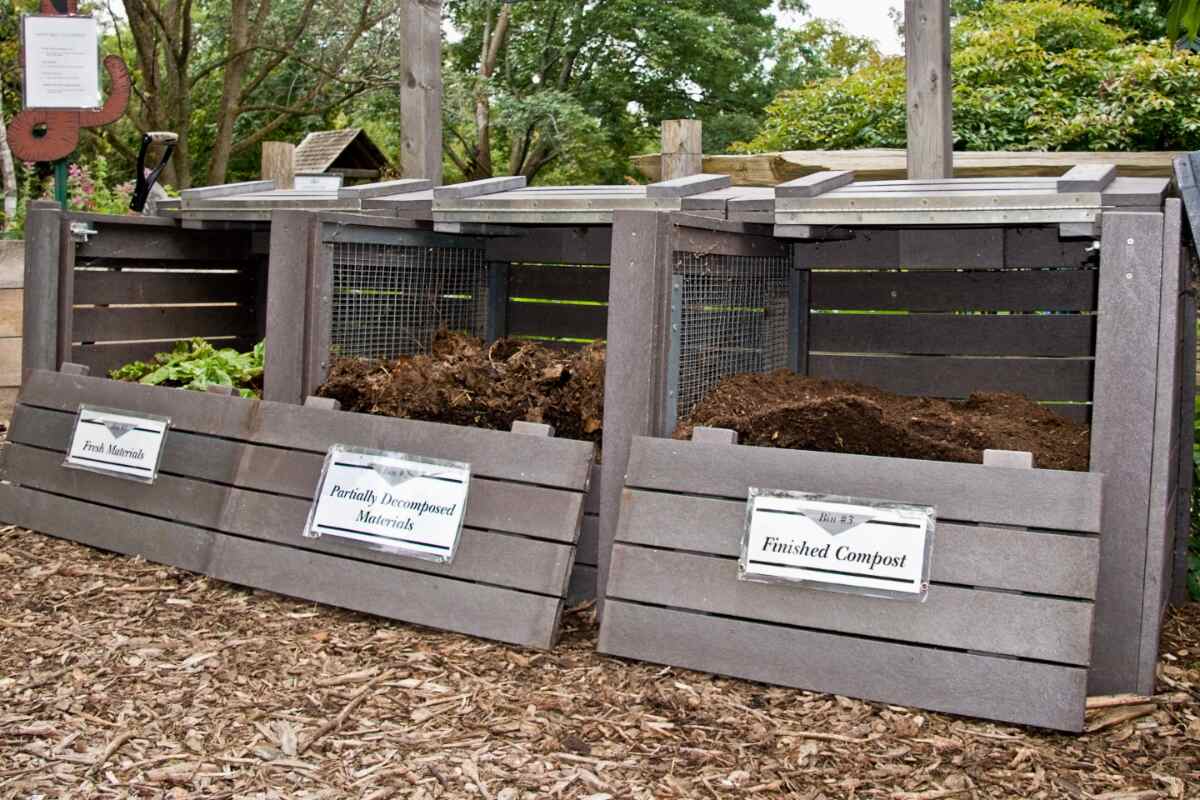
Managing kitchen trash can be done by building a basic compost container. You can use an old plastic container or a clay pot with holes for air at the bottom to create a homemade compost bin. Using a separate DIY composting box helps the composting process a lot as it helps in regulating consistency and temperature.
3. Layer Your Compost
The third step to make your healthy compost is to layer it up. You can use newspaper, cardboard, waste paper, old notebooks or dry leaves and combine it with the kitchen waste. Layer it all together. This layering technique helps in equal decomposition, minimizes offensive odors, and makes the process effective and simple.
4. Regularly Turn and Ventilate
Ventilation is the key to making a healthy compost. By using a stick or long spoon, stir the pile once a week to add air, which aerobic bacteria require to effectively decompose organic materials. Aeration promotes even decomposition of your compost and helps avoid unpleasant odors. This will help in producing the best high-quality compost.
5. Keep It Moist, Not Wet
To make your compost healthy, it’s essential to keep it moist, not wet but damp like a cloth or sponge. Add more dry leaves or newspaper materials to your compost if it seems too moist, if it seems too dry, add water. This microbial activity requires on appropriate moisture levels. For example, if the compost feels too dry, add more water, or cover it. It is important to keep the compost moist so that microorganisms can grow and effectively decompose the organic waste.
6. Neem and Turmeric to Keep Pests Away
Pest are common when you are composting, so to get rid of it you just need 2 ingredients neem and turmeric. Add neem and turmeric powder these natural ingredients have antimicrobial properties that help maintain a balanced compost environment. For example, add a handful of neem leaves or a tablespoon of turmeric powder to your compost bin every week. This simple addition can deter pests and enhance the quality of your compost.
Adding food scraps to your compost is super easy to approach to improve your garden and waste. These six simple steps will help you turn your organic waste into useful compost and build a healthy, sustainable garden. Every action you do contributes to a cycle of development and rejuvenation while also lowering landfill garbage. Accept these methods and reap the rewards of healthier plants, nutrient-rich soil, and an environmentally friendly way of living.



